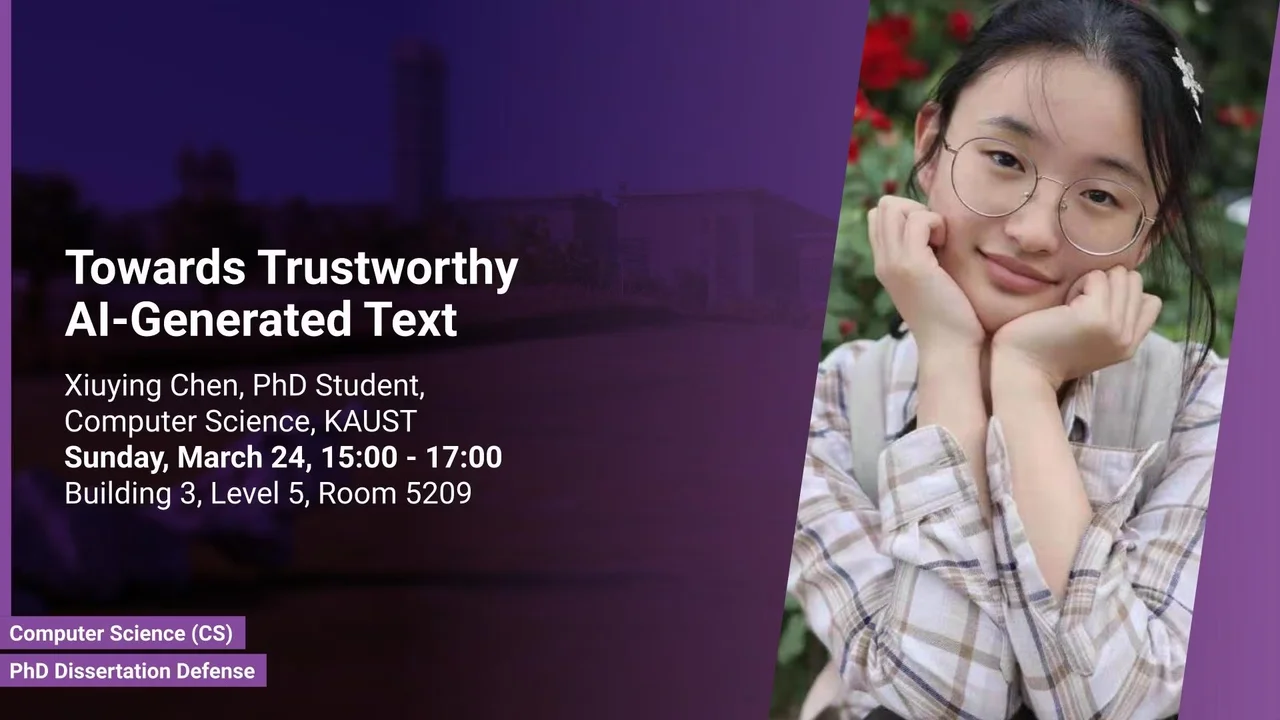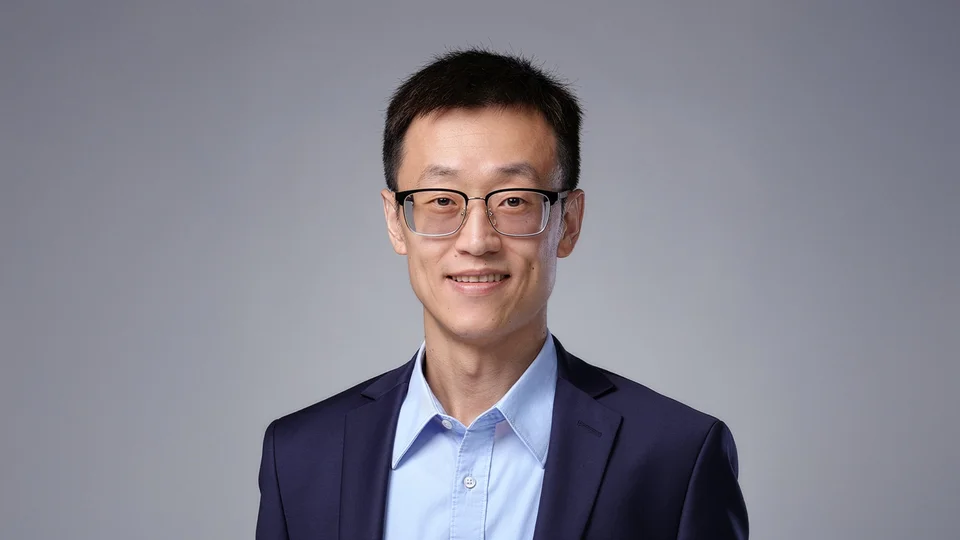
Towards Trustworthy AI-Generated Text
B3 L5 R5209
The emergence of large language models in text generation has markedly transformed our technological environment, significantly impacting our daily digital interactions.
Overview
Abstract
The emergence of large language models in text generation has markedly transformed our technological environment, significantly impacting our daily digital interactions. However, this groundbreaking innovation raises concerns regarding the trustworthiness of AI-generated text (AIG-T), particularly in areas such as explainability, robustness, fairness, and privacy. In my defense, I will provide an overview of my past and current research, with a focus on improving the accuracy and robustness of AIG-T. In our first study, we analyze two causes of hallucination in language models: problems with semantic understanding and neglect of input knowledge. We also provide solutions for these issues. In our second research, we demonstrate that existing language models are vulnerable to various types of noises introduced by our attack model. To address this, we enhance the robustness by employing augmentation techniques in both the input and latent spaces. Additionally, I will discuss future research directions, focusing on fostering more reliable, transparent, and ethically responsible AIG-T and its applications.
Brief Biography
Xiuying Chen received her B.S. degree in Computer Science from Wuhan University in 2018, followed by a Master's degree from Wangxuan Institute of Computer Technology at Peking University. She is currently a Ph.D. student at King Abdullah University of Science and Technology (KAUST), focusing on improving accuracy, robustness, and trustworthiness of Text Generation. She is also interested in interdisciplinary research, such as in applying large language models within healthcare and scientific discovery. She has made significant contributions with over 40 papers published in top-tier conferences like ACL, NeurIPS, ICLR, and SIGIR, being the first author in over 20 of these publications. Her methods are applied in systems like Taobao and Alipay, showcasing real-world impact. She serves as a reviewer for international academic conferences.

